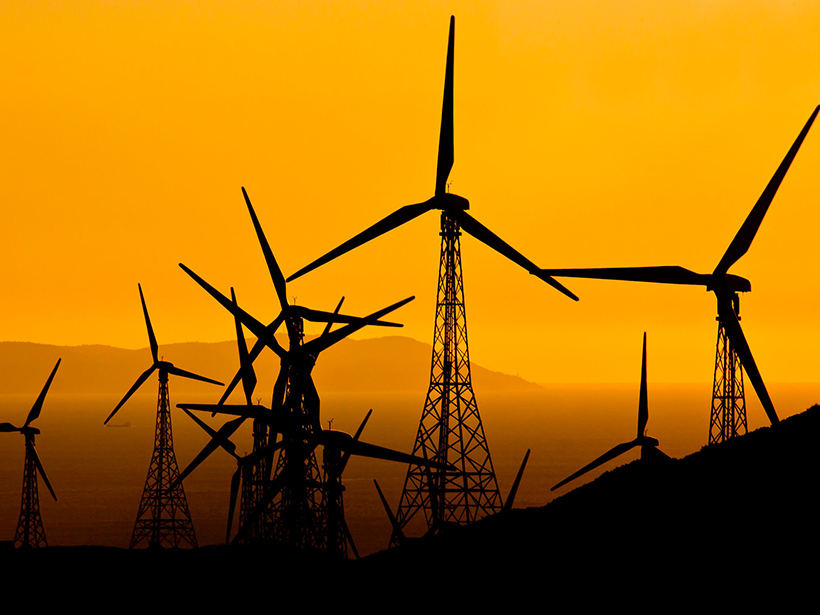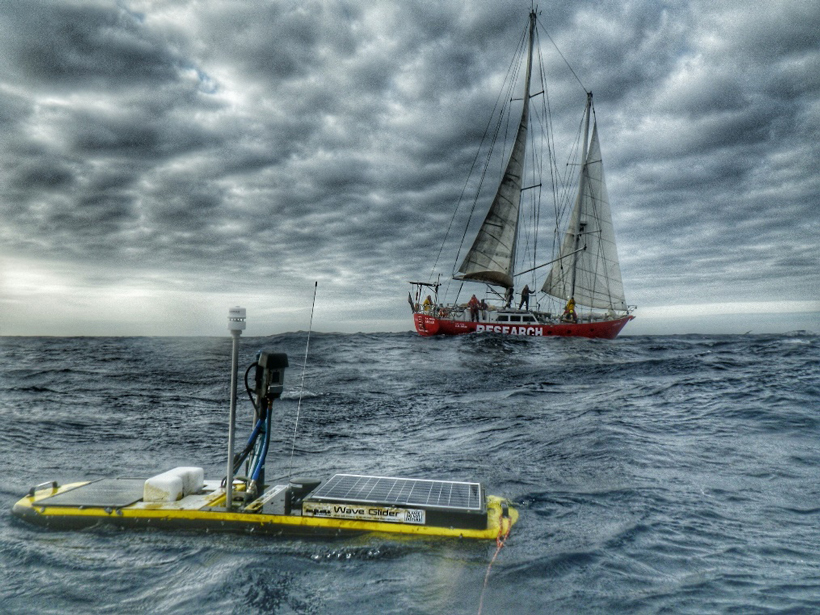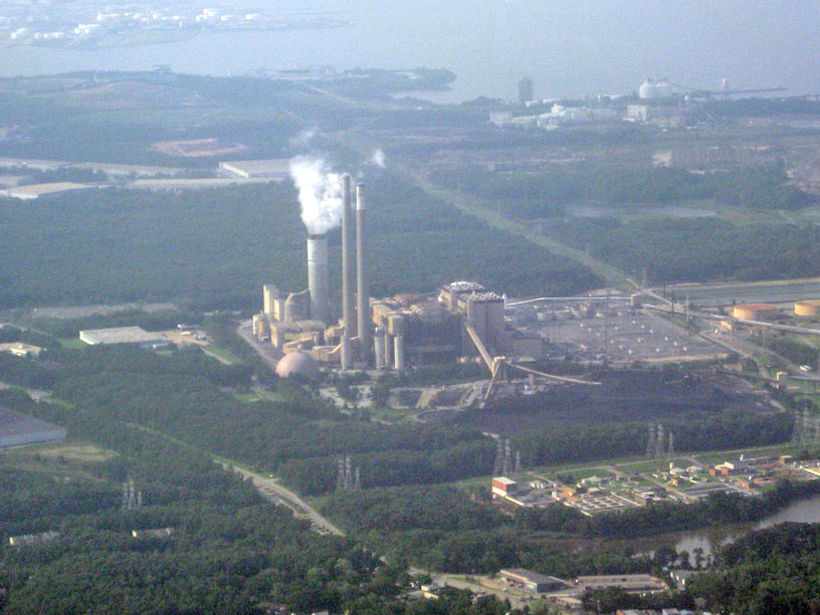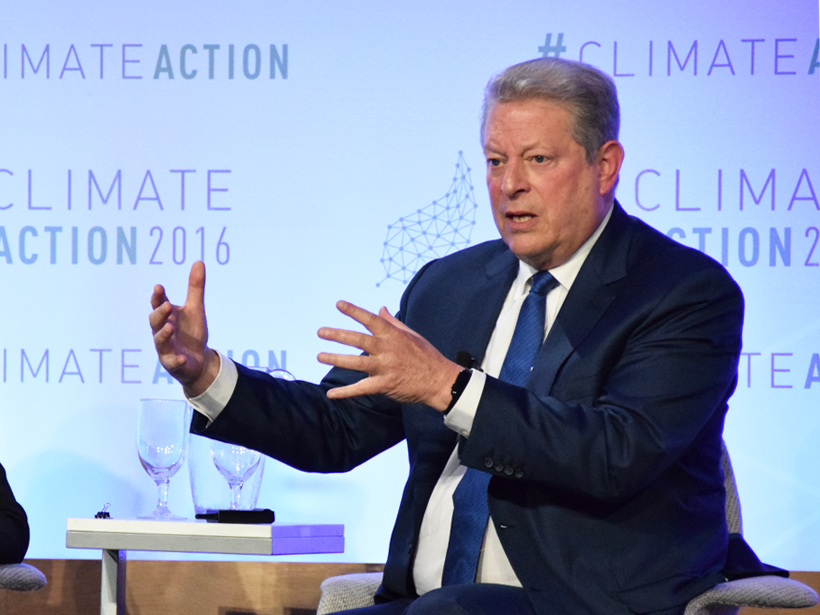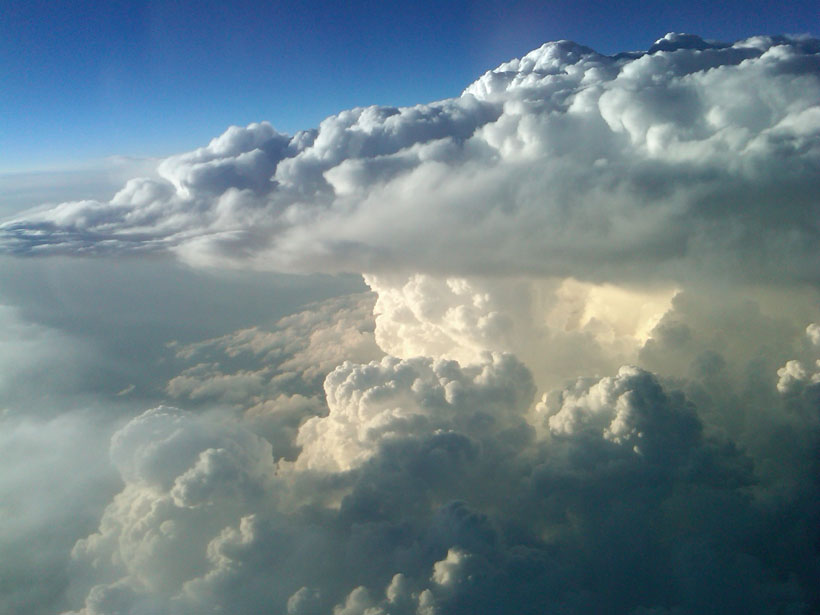By then, coal, natural gas, and renewables each will contribute about 30% of global net electricity, new report predicts.
Climate Change
New Approaches for Air-Sea Fluxes in the Southern Ocean
Air-Sea Fluxes for the Southern Ocean: Strategies and Requirements for Detecting Physical and Biogeochemical Exchanges; Frascati, Italy, 21–23 September 2015
Evaluating the Impact of Maryland's Healthy Air Act
Reducing emissions of short-lived gaseous sulfur pollutants from power plants had an immediate, local benefit, but controlling longer-lasting harmful particulate matter will require regional action.
Reconstructing the Ocean's Murky Past
Scientists test whether sparse, indirect data can reveal ancient ocean chemistry and circulation patterns.
Gore Upbeat on Climate Stabilizing; Question Is, How Soon?
Former U.S. vice president says that responding to climate change "is the biggest business opportunity in the history of the world."
Scientist Credibility Unhurt by Climate Advocacy, Study Suggests
In a social science experiment, a fictitious meteorologist who advocates climate policy stances retains credibility among test subjects.
What Does the Pacific Arctic's New Normal Mean for Marine Life?
Climate change has reconfigured Arctic ecosystems. A 5-year project focuses on the relationships among oceanographic conditions and the animals and other life-forms in this region.
Tropical Rainfall Intensifies While the Doldrums Narrow
Scientists show long-term changes in the Intertropical Convergence Zone's location, extent, and rainfall intensity.
Connecting Thunderstorms and Climate Through Ozone
New data links thunderstorms to climate via their impacts on aerosols, ozone, and water vapor in the stratosphere.
Climate Predictions and Infectious Diseases in Southern Africa
Symposium for Science and Technology Research Partnership for Sustainable Development (SATREPS) Project 2015; Pretoria, South Africa, 12 October 2015

